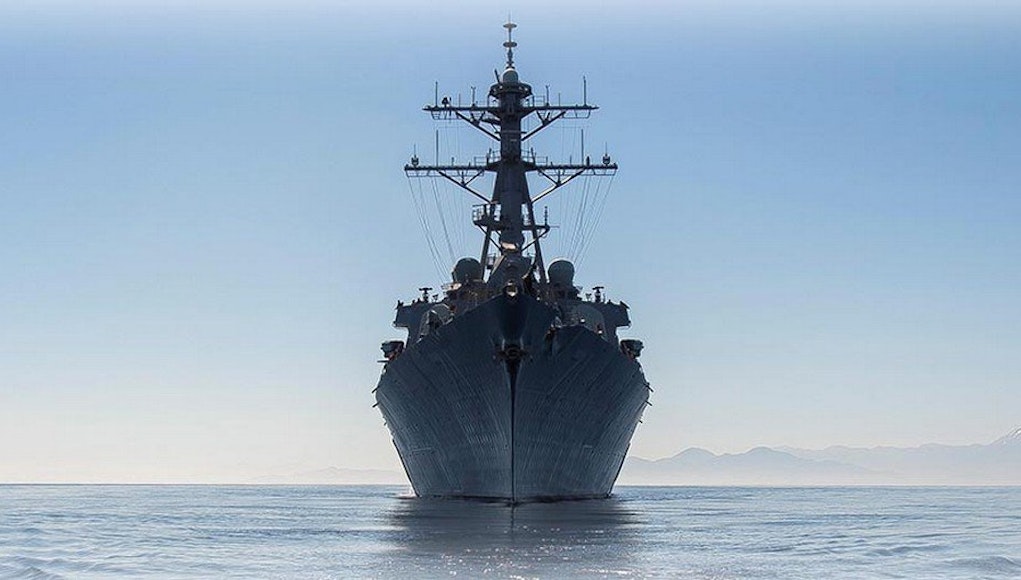
For millennia, the Black Sea region has been an intersection of communication lines between Europe and the Middle East, from the Eastern Balkans to the South Caucasus. The security of these lines of communication is crucial for trade and prosperity in the region and beyond. In this context, it is obvious that the current instability chokes economic development and potential in the region, which sea trade and closer economic integration could uncap.
What is NATO’s response?
NATO had made it clear on numerous occasions that the Alliance had no intention to deploy forces in the east or southeast of Europe. However, Russia’s illegal annexation of Crimea triggered the Alliance to deliver on its core task – collective defence – and ensure its credibility. Steps have been taken to strengthen NATO’s presence in the Black Sea region, which are a defensive and proportionate response to Russia’s use of military force against its Black Sea neighbours. At the same time, Allies have agreed to keep open channels of communication with Russia, demonstrating their will to ensure predictability and transparency.
The Black Sea region is the south-eastern flank of the Alliance. In light of the regional realities and security challenges, NATO has strengthened its deterrence and defence posture with tailored forward presence measures. These are a peacetime demonstration of NATO’s resolve to ensure effective deterrence and credible collective defence.
The tailored forward presence measures include a land component – a multinational framework brigade for integrated training – as well as measures for strengthened air and maritime presence in the region.
Among the measures announced, the following have already been developed:
- The multinational brigade in Craiova, for which Romania is a framework nation, forms the land component of the forward presence. Currently ten Allies – Bulgaria, Canada, Germany, Spain, Hungary, Italy, Luxembourg, the Netherlands, Poland and Portugal – have committed to it, contributing to the brigade headquarters and coordinating enhanced training.
- In the air domain, Canada and Italy are reinforcing the efforts of Romania and Bulgaria for air policing.
- In the maritime domain, standing NATO maritime forces are present with more ships and more naval exercises. A Black Sea functional centre has been established within the NATO Maritime Command, which focuses on the regional specific security issues and maintains tight links with the regional navies.
- Last, but not least, a new enhanced training initiative aims to bring more coherence in all training efforts.
ukdefencejournal.org.uk